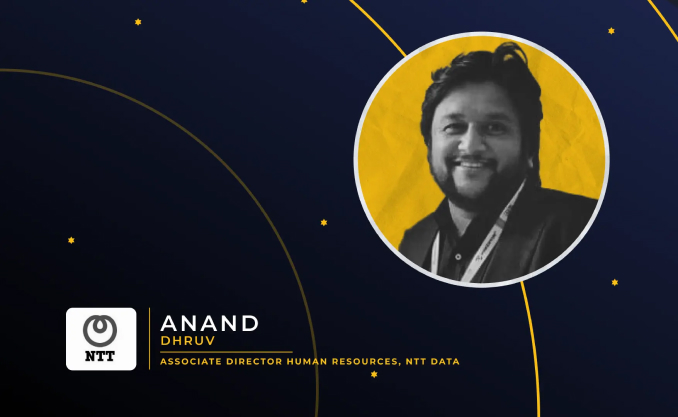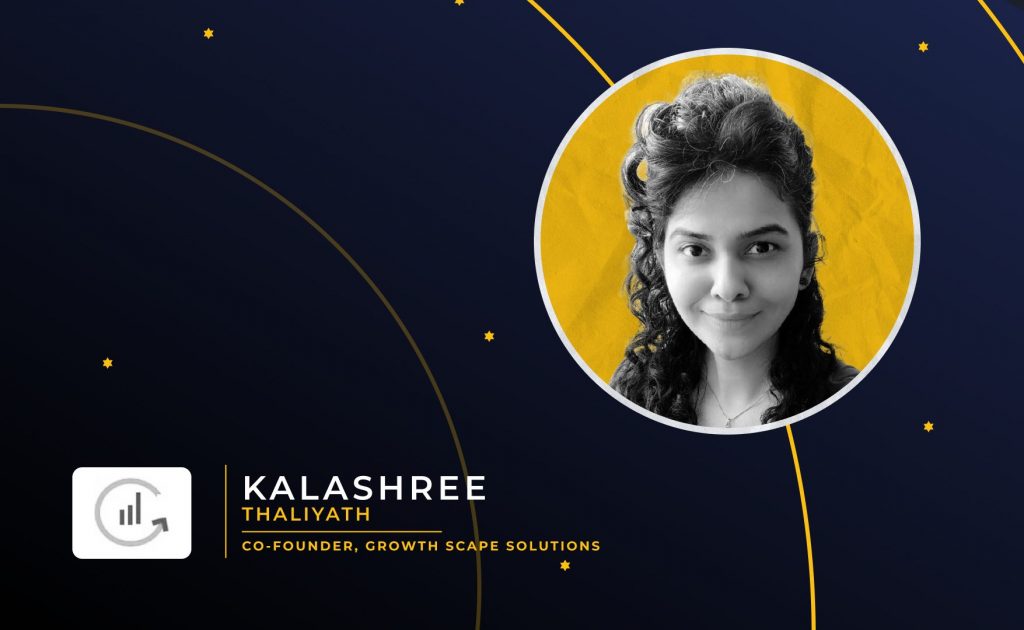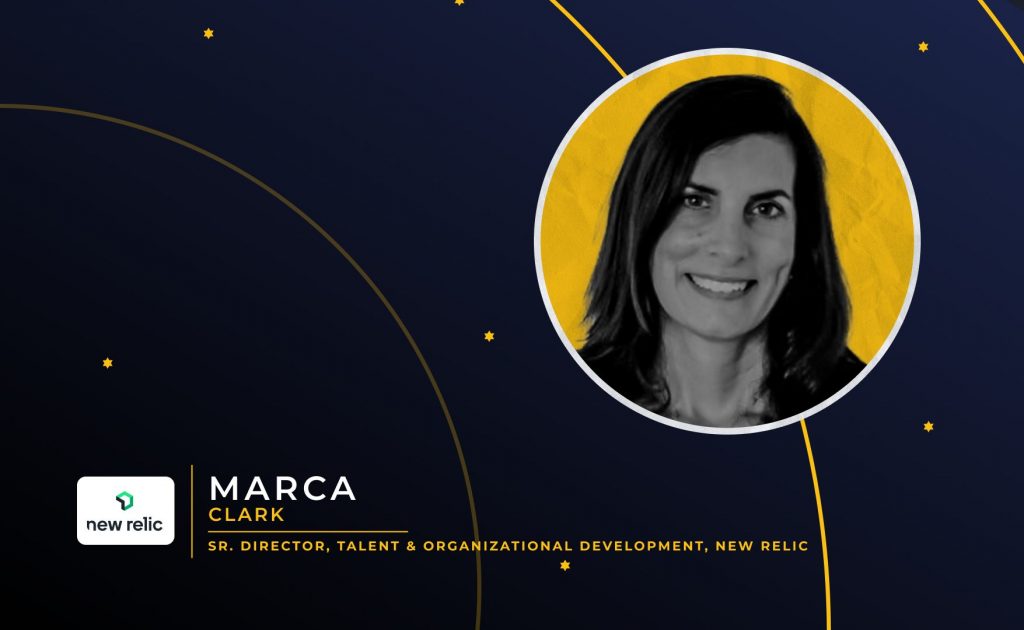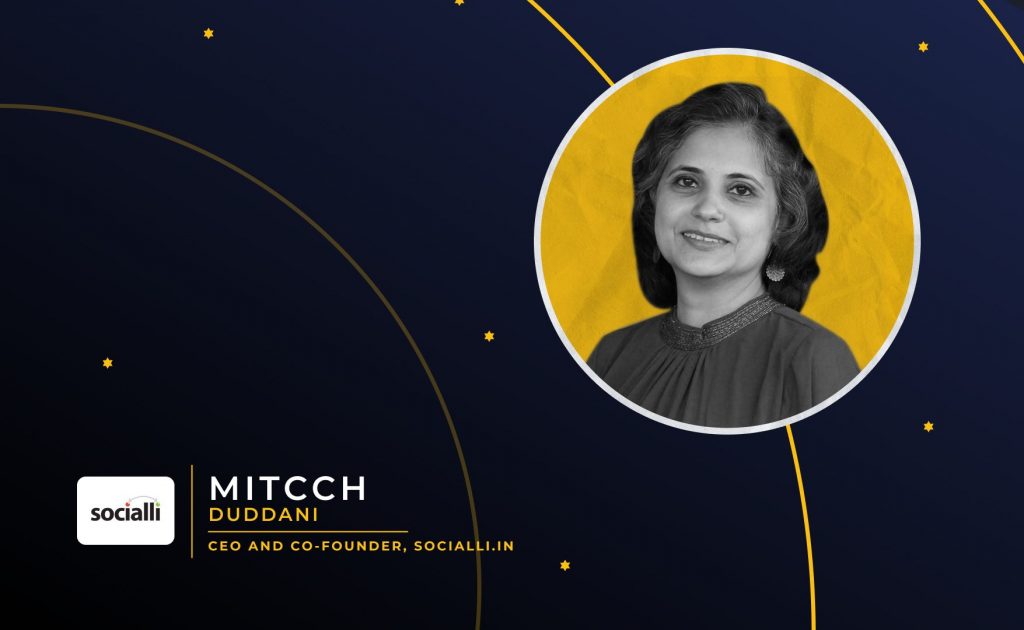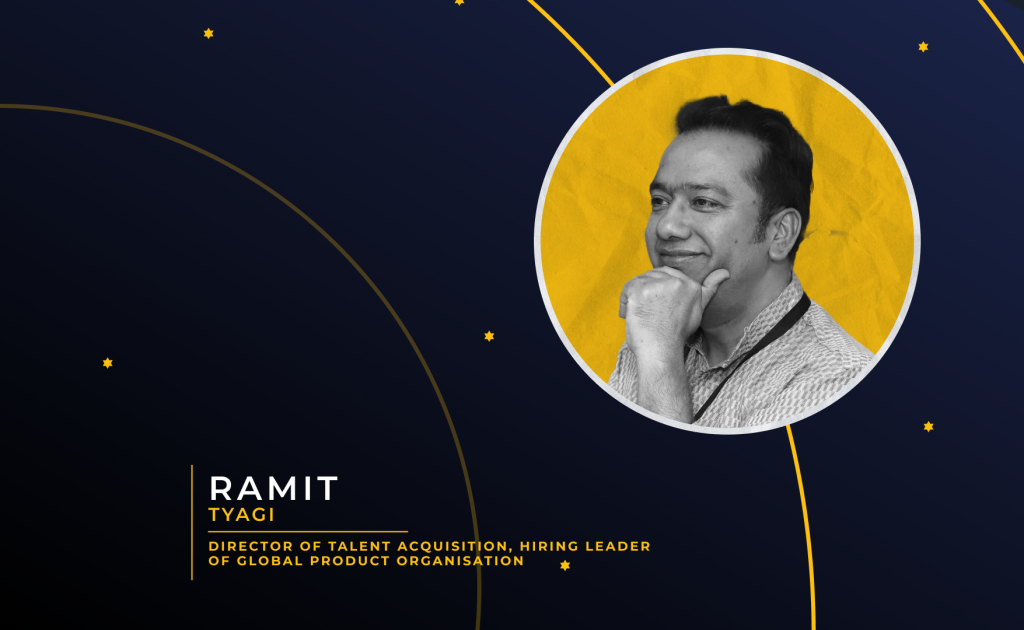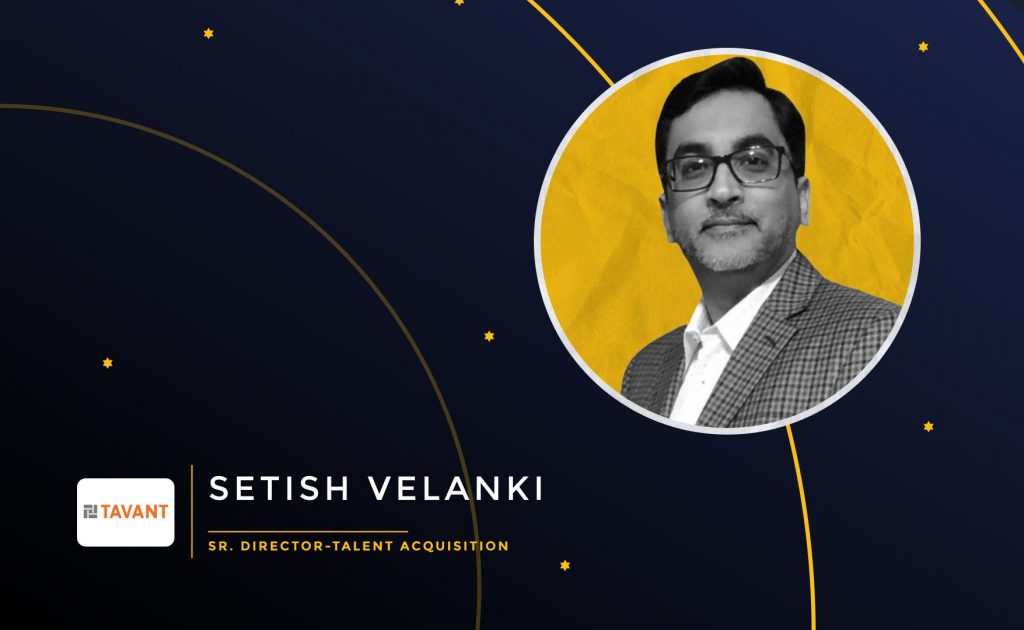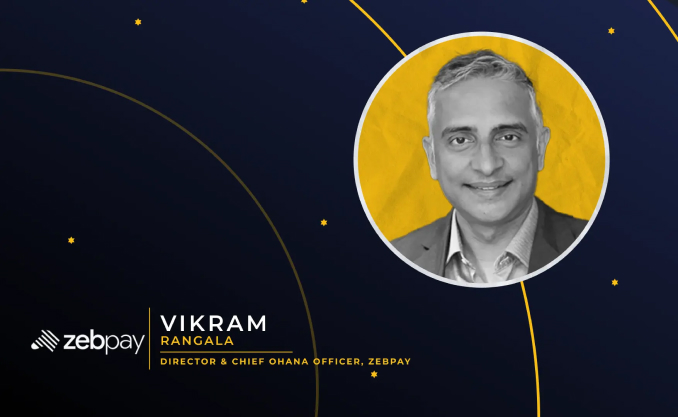With 15 years of experience in the HR industry, Abhisek Gupta is handling right from resource management tasks to development engagement at Nihilent Limited in Kolkata.
According to Abhisek, the most important motivating factor is when employees recognize you as a leader on their own.
In a bit of advice to new HR aspirants, Abhishek says “As an HR professional, it is a must that you give importance to employees' well-being and organization's success.”
Hey Abhisek, could you tell our readers a bit about your role and what all it encompasses?
Yeah, sure. Let me give a brief introduction about myself first. Hi, I’m Abhisek and I have around 15 years of industry experience primarily managing global HR roles. I started with managing the gamut of HR functions like starting from recruitment, to resource management, then performance management, employee training, and development engagement.
I am also into a strategic role for the past five, or six years. You can say, I am playing a lot of strategic and organizational, and developmental roles as well as managing the entire L&D function of Nihlent currently. I’m managing the full Kolkata ODC, the entire global L&D, and also the strategic HR role of Nihilent.
I have managed that in the last three or four global companies I have worked with a diversified workforce in locations like the US, UK, South Africa, Europe, and also multiple locations in India. Apart from that, I am also very much involved in a lot of training and development activities. I am also a published management author as well. I have already published my four books and different HR and leadership topics.
One of them is also a bestseller on Amazon for a few weeks and I have also been associated with different universities as a guest lecturer for different leadership and management business topics. I’m also a podcaster and occasional filmmaker. I do that to fulfill my passion. So that’s all about myself.
That’s great to hear! What is one of the most motivating factors of being an HR leader and donning so many hats at the same time?
In my opinion, the most important motivating factor for me, is when your employees recognize you as a leader and they appreciate your effort, it’s not something that should be coming from the management and the leadership team. The management and leadership team always would be aligned with you. They are managing your KRAs.
But on the other hand, whenever you are getting appreciation from your employees, from the people for whom you are doing it, they are your customers like your internal customers. So, their feedback matters the most, at least for me. I believe most passionate HR professionals also will agree.
Whenever you can create an impact in the life of some individuals, it can be anyone, it can be a fresher, it can be a lateral who is not able to understand what should be the next career goal for him or someone who is struggling a lot with the performance. Whenever you are doing something for the people within your existing structure, within your existing format, then definitely that’s the most motivating factor.
Following up on the previous question, what would you say is one of the biggest challenges that you as an HR leader are facing, especially after the recent pandemic?
The biggest challenge after the recent pandemic is that today the market is completely employee-controlled.
A lot of companies never thought that this kind of situation can ever arise when employees are like asking for the salary, whatever they want and you are bidding for them. So, it’s a fight for talent. Everyone is fighting for it, for the sustenance of their projects, for profit-making. In a lot of cases your account is suffering, the revenue loss is happening because the right kind of talent is not there, because your critical resource has left the organization primarily for salary, or other reasons.
In a lot of cases, those things haven’t been recognized or identified by most companies. Right now, I would say the most challenging issue is the above. And obviously, your business transformation because I strongly believe that only offering a higher salary to skill-based talent is not going to solve this problem. You will offer something, there will be another company who is going to offer something more tomorrow. Also, after five or six months, or one year down the line, again, someone else will offer something better.
So, your business transformation, your overall digital transformation, and your overall organizational restructuring are very important. You need to create an environment where new millennia, the upcoming talent age feel comfortable and aligned with their own goals because in a lot of cases they are not only looking for salary, they are looking for a future, they are looking for an organization where they can witness a difference happening.
Things are moving in a positive direction. So yes, not only talent, I would say the business, digital transformation, and organizational structuring are also very important at this point of time after the pandemic.
How do you ensure the mental well-being of your employees in your team?
The World Health Organization (WHO) has organized a series of webinars for people who are suffering from mental stress and are not able to manage their work-life balance. In a lot of cases, I will say people lack empathy. Because you can be sympathetic but it is difficult to be empathetic. You need to understand the situation of another person, unfortunately, you are also now operating from home. It was unthinkable before the pandemic, but today it has become a norm.
For me, my team is my people and without interacting with them, it makes no sense to have a team. My responsibility involves a lot of constant communication and interaction with colleagues but in a lot of cases, I am not doing it in person, at least for the last couple of months. At first, you need to be in touch with them. You just call and try to speak with the person. Number two is to organize certain activities, and by this, I mean not just webinars.
I’m saying certain activities will help them not only to come out of their day-to-day hectic schedule but also to learn something whenever people will understand; that, okay if I join the session, I will learn something. Maybe some leadership kind of session, maybe certain kind of engagement, team-building kind of sessions. People will understand certain factors are related to their job, maybe performance management, perhaps something related to team management. That’s number one. And number two, a lot of new activities. People should feel they are a part of the organization and not just freelancing out in this work-from-home situation. Creating a smaller group that would be doing a lot of brainstorming and different types of framework building would be okay. Not spending too much of their time, maybe an hour or 2 hours in a week, but at least in such a way they will be connected with a larger team.
The organizational disconnect is the biggest threat to any organization. And also, that is a kind of mental stress as well in my opinion because everyone as a human being, is a social animal, right? We love to socialize and right now we cannot do this in many cases. If you follow Maslow’s hierarchy model, socialization is very important for your satisfaction, and your motivation and that part is completely missing in most cases today.
What does Maslow’s hierarchy theory talk about?
Maslow’s hierarchy theory is talking about the 5 levels of motivation for any individual to work. There are other theories as well, including the two-factor theory, X and Y. But this is one of the most fundamental theories of motivation where 5 things help to motivate any individual. The first one is your physiological needs, the second is your job safety, the third is socialization, the fourth is self-esteem and the fifth is self-actualization.
What is going to happen after a couple of years by doing this? I guess that’s a very difficult part for most organizations to answer. But whenever you hit that, believe me, the employees would love to stay with the organization and you will see a lot of thought leaders. If you see any places like IITs or NITs, they look forward to the last two points. They are not bothered about safety and physiological needs, they want self-esteem in their job. That thought needs to change.
I will further read up on Maslow’s theory, thanks. I am curious to know, what are the things that you do to reboot yourself or to step away from your work and then reenergize and get back again?
I am passionate about learning, about doing different new, innovative and creative things. So, for me, only taking a rest or nap or maybe reading a book or watching a web series is not going to motivate me. My average target in a month is to read a minimum of four books related to that topic. In two years, you would be surprised to know I have completed more than 200 business and management books.
I try to segregate my time. And spending time with my family is also very important. I must not ignore that. You will be thinking that I am spending too much time doing all this stuff, but I’m telling you I just spent not more than 1 hour per day. If you are spending one or one and a half hours a day, then you can spend 45 hours a month writing poetry. In a month if you are into poetry, I believe you can write two, or three poems in a month, right? So, in a year you could write down twelve to 15 poems. That’s how I try to manage my time. And I guess for the last two years I’m quite successful in doing that.
After my dinner, I spend time on all my innovative work. Then I go to sleep after reading a small book for half an hour, then I sleep at around 1:00. I feel when we watch web series, we are increasing stress ourselves. Watching a web series will give you a little bit of entertainment but it will never give you any kind of motivation or satisfaction to it.
That’s quite a bit to think about. Tell me Abhisek, what are your thoughts on recruitment automation gaining momentum in the current time and also if your organization prefers automated hiring solutions?
Job recruiters are spending too much time just scheduling the interviews, just sending emails, just ensuring that all CVs are put together in one place or whenever they’re collecting the reference. It’s a huge task to consolidate everything. Digital transformation is the only way where you can ensure that all your work would be done seamlessly. You will follow the kind of format or kind of, I would say the step-by-step approach you have created. And most important, it would be a kind of good experience for the candidates as well.
When you are hiring, you are not only hiring but you are also creating an experience. You need to ensure all your processes are being followed and without any mistakes or issues. A recruitment software or digital tool always helps you to do that. The more you apply artificial intelligence, the different types of smart and intelligent tools will eventually help you evaluate the candidates in a better way.
Lastly, if there's one piece of advice that you could give HR professionals, what would it be?
As an HR professional, you must give importance to your employees, not only to your organization, business, and your leadership team. If you do not concentrate on the well-being and improvement of your employees’ careers, none of these goals can be reached. I’ll give you a small example here. Say, for example, one unhappy individual or there is a group of individuals who are unhappy with the organization. And there is a high possibility that the group will leave very soon.
If you are looking for a new employee you need to talk with them and try to create some kind of career planning for them. They are working in the same position, the same profile for the last four, five years. But there is no growth. Maybe some amount of learning would be there. What will happen if they stay with the organization? Number one you do not need to do the same recruitment again. Number two some of the organizational capability positions have been fulfilled.




